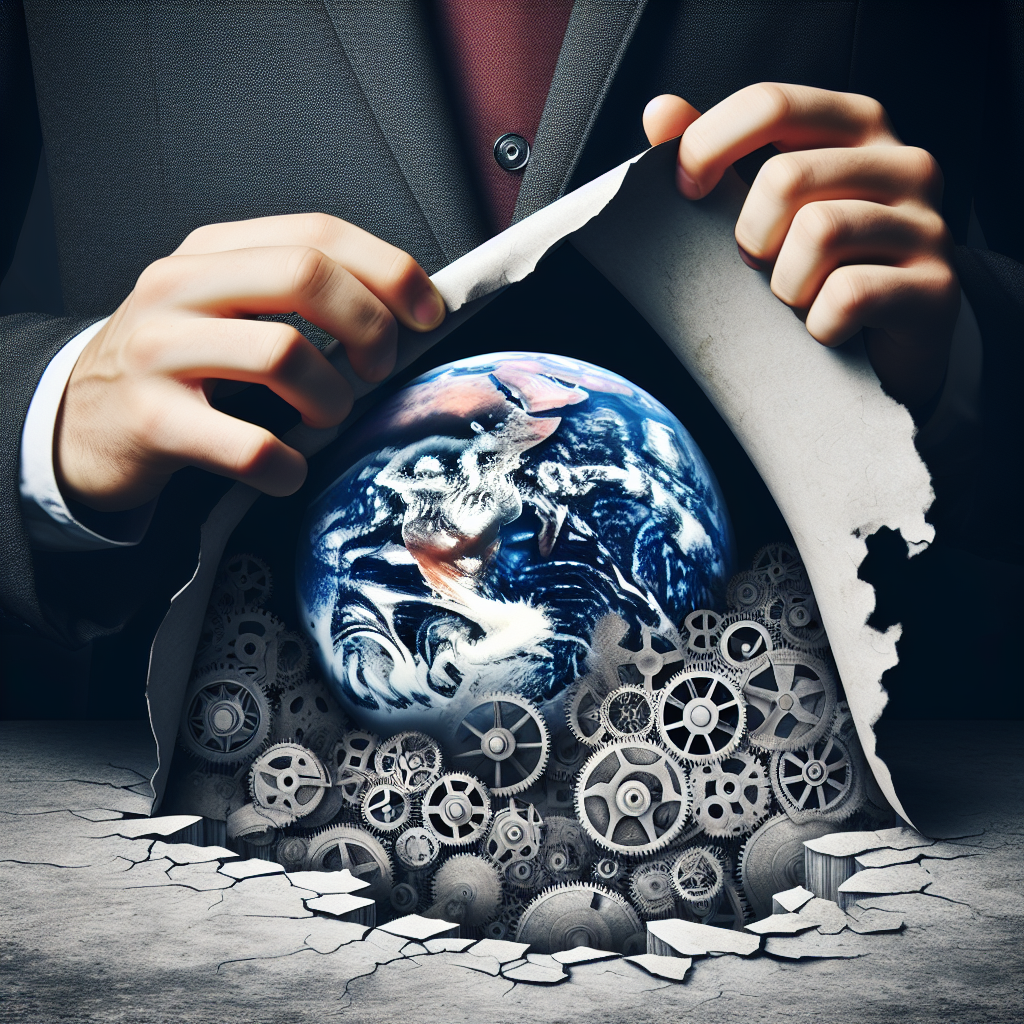Scratching the Surface of Our Perceptions
What if reality, as we know it, is only the tip of a truly unfathomable iceberg? All around us, there are subtleties that go unnoticed, realities that remain shrouded in mystery. We often mistake our perception for reality, believing in what our senses present to us. Yet science increasingly shows that our world is far more complex and astonishing than our senses lead us to believe.
The Human Brain – A Marvelous Illusionist
Renowned cognitive scientist, Donald D. Hoffman, asserts that what we perceive isn’t objective reality – it’s more akin to a user interface on a computer. Our brains are designed to interpret sensory data, not to reveal the inherent nature of existence. Whether it’s colours, sounds or even the feeling of solidity, our senses offer us a simplified version of a far more enigmatic reality.
Consider the sensation of colour. We experience the world as a vibrant tapestry of shades and hues. Yet, colour doesn’t exist outside of our perception. It’s merely how our brains interpret different wavelengths of light.
The Fabric of Reality – Not So Solid After All
Everything around us, including our own bodies, feels solid. Yet, delve deeper and one discovers that this appearance of solidity is an illusion. Atoms, the microscopic building blocks of matter, are composed almost entirely of empty space. In truth, we are more void than substance.
This shocking revelation carries wide implications. It subverts our traditional understanding of reality, suggesting that the concrete world is just a human perception.
Quantum Peculiarities – Defying Classic Logic
And if the atomic realm seems bizarre, the quantum world is positively outlandish. Quantum physics, the science of the exceptionally small, regularly defies our sensibilities. Particles can exist in two places at once, conjure up seemingly out of thin air, or become ‘+entangled’ – affecting each other regardless of distance. This is not some exotic theory relegated to the textbooks, but rather, a proven aspect of reality on which much of our modern technology rests.
Reality – A Grand Symphony of Vibrations?
If we delve even deeper, is there anything beyond the illusion of solidity and the peculiarities of the quantum world? Some researchers propose that at its core, reality may not be matter or energy, but something far more abstract: information or vibrations.
Consider String Theory, a concept striving to reconcile the seemingly incompatible realms of quantum physics and relativity. It suggests that all particles are fundamentally composed of minuscule, vibrating strings of energy.
Parallel Universes, Consciousness and Beyond
>H3>Encountering the Multiverse
In our quest to understand reality, we may have to grapple with the concept of a Multiverse – the hypothesis that multiple universes exist, each with its own laws of physics. The ‘Many Worlds’ interpretation of quantum physics suggests that every time a quantum event occurs, reality ‘splits’ into multiple versions, making each possible outcome a reality in a separate universe.
Consciousness – An Unexplored Realm
Our understanding of consciousness – the sense of being – is another domain where reality may be far more astonishing than we think. Some scientists and philosophers believe that consciousness might not be an epiphenomenon of the brain, but perhaps a fundamental aspect of the universe. This view, known as panpsychism, is a radical departure from our traditional materialistic perspective on consciousness.
Simulated Reality – Are We Living in a Computer Game?
Lastly, let’s consider one of the most outlandish ideas – that our reality is a ‘simulation’, intricately crafted by an advanced civilization. While this may sound like science fiction, some researchers argue that we can’t entirely rule out the possibility.
Challenging Our Perceptions
Engaging with these mind-bending ideas is not simply a philosophical exercise. It’s a call for us to recognize that reality is infinitely more complex and miraculous than we perceive. It urges us to question our assumptions and reconsider our position in the cosmos. Above all, it’s a reminder that truth, as inscrutable as it may sometimes seem, offers us the challenge and the joy of relentless discovery.
